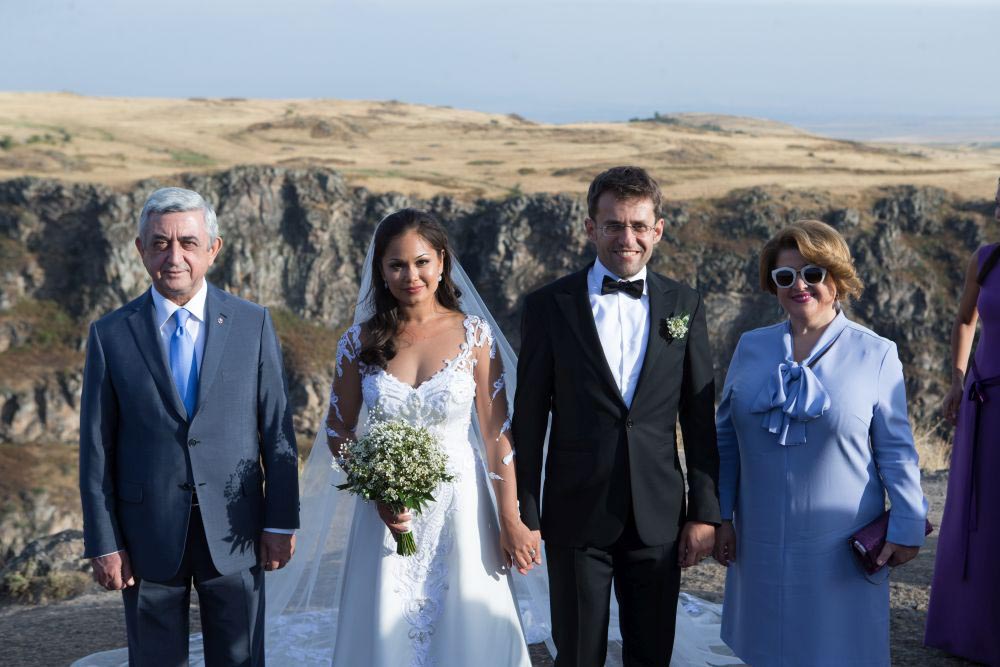Chess is a catalyst for social development in communities that are underserved. We need to give these alternative pathways to the youngsters in our communities so that they know there are other ways to success.” – Prime Minister of Jamaica Andrew Holness, at the launch of the inaugural Jamaican International Chess Festival earlier this month.
Learning chess, especially for young persons, opens a world of opportunities. Teaching a young person chess represents a most magnificent gift. Chess is equivalent to academic studies. A famous chess player once said that qualifying for grandmaster office is equivalent to obtaining a PhD in a particular field. The assertion is debatable. What I do know, however, is that Guyana and the English-speaking Caribbean have many PhDs to display, but only a single chess grandmaster.
I have always held on to the inimitable Maurice Ashley, the Caribbean’s most famous chess voice whom I interviewed at the World Trade Center during the Kasparov-Anand world title chess match in 1995. Ashley is Jamaican, but qualified, and developed his renowned grandmaster techniques in North America. In my book, he’s a Caribbean man, close to home.

